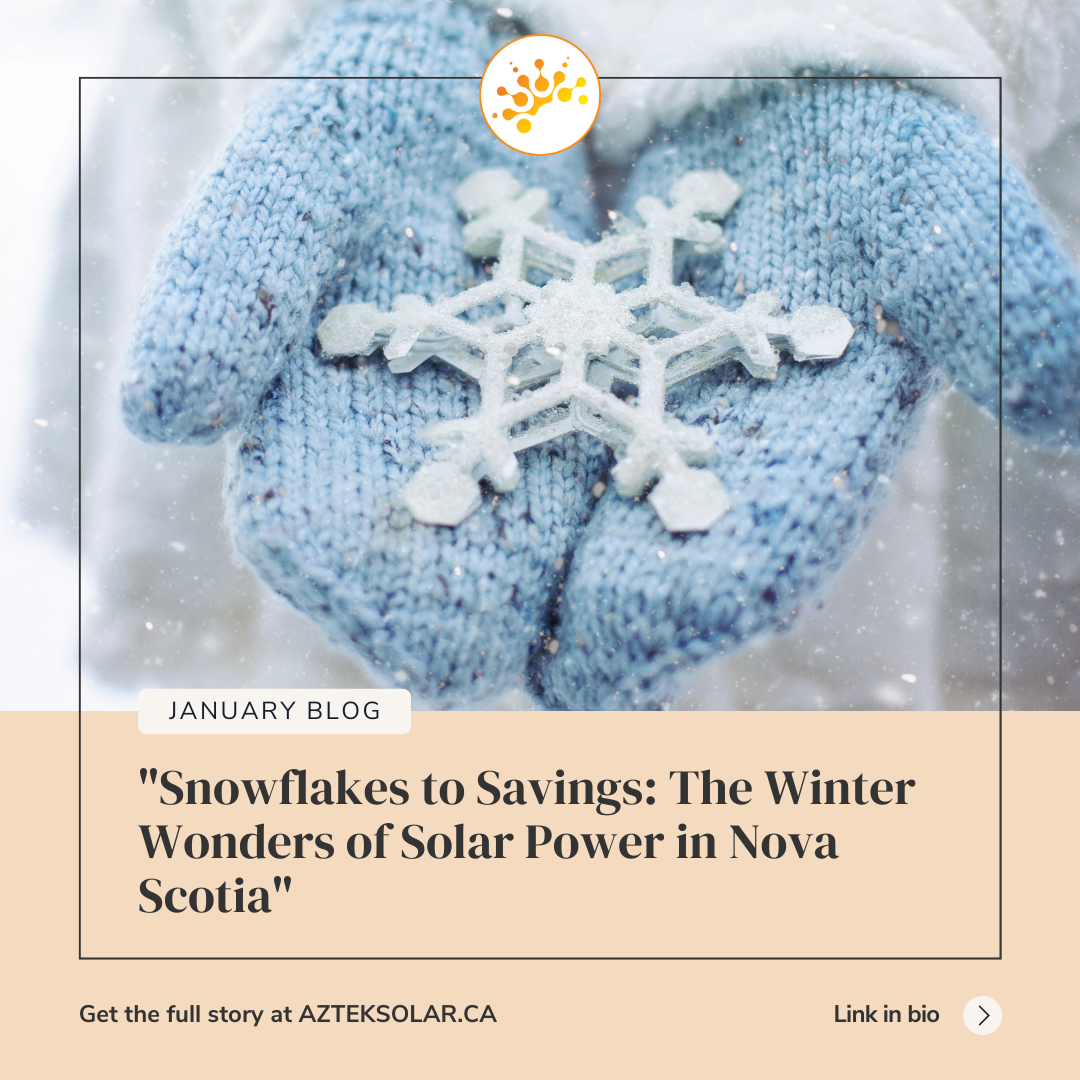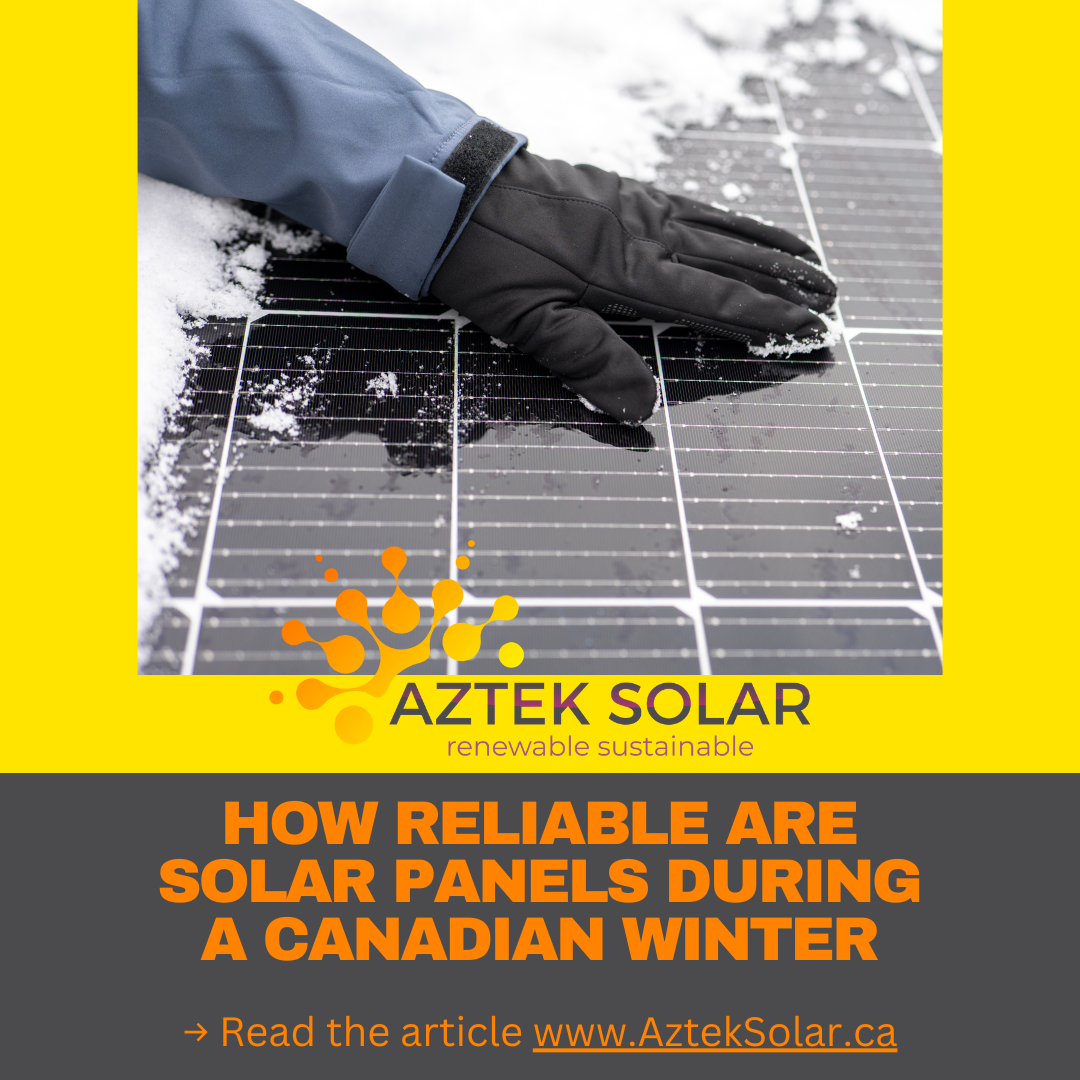How Long Do Solar Panels Last?
Life expectancy of solar panels is a major determinant in deducing whether your investment in solar energy was worth its while. And, there is no one answer to the question, how long do solar panels last? It depends on a combination of factors. As a rule of thumb, solar panels are expected to last between 25-30 years, but such factors have a significant impact on determining your solar output. Let’s have a look at them.
Solar Degradation Rate
Solar panels slowly degrade over time, which means they’re producing less electricity from the same amount of sunlight. How and why does this happen? A variety of external factors (like weather) wear down on the panels and have a negative impact on their ability to produce electricity.
One way solar panel degradation happens is through microcracks that form in the silicon of the solar cells. These small cracks cause electrical connections to deteriorate, meaning there are fewer paths for those electrons from the sun to take, and thus less energy goes to your inverter and into your home, business, or farm. Other issues are junction box adhesion failures and discoloration.
Because there are a variety of ways panels can degrade, caused by a variety of factors, it’s a difficult problem to solve. Solar panel manufacturers are constantly evolving and coming up with ways to reduce that degradation rate so your panels can keep up their power output. But in the meantime, your panels are guaranteed to degrade at or below a specific rate, so you can rest assured your investment is a safe one.
Solar panels also come with a few different warranties that can give you a sense of just how long you can expect your solar panel’s lifespan to be. Manufacturers will offer both an equipment warranty, to certify against manufacturing defects, and a performance warranty, to guarantee that your panels will produce a certain amount of electricity. Your solar panel’s performance warranty, which typically lasts 25 years, can give you a better sense of how much electricity to expect from your solar panel system over time.
How Fast Do Solar Panels Degrade?
On average, solar panels degrade at a rate of 1% each year. That’s backed up by the solar panel manufacturer’s warranty, which guarantees 90% production in the first ten years and 80% by year 25 or 30.
However, a study conducted by The National Renewable Energy Laboratory (NREL) shows a more accurate picture of solar panel degradation. This study took a look at the degradation rates for almost 2,000 solar systems across the world in a variety of climates and found that monocrystalline panels made after the year 2000 degraded at a rate of just 0.4% - less than half of the 1% rate used in the warranties.
How Can I Extend the Life of My Solar System?
Just like a car only runs for a certain amount of miles or a piece of equipment starts to lose its touch after so many years, solar panel degradation is bound to happen. However, you’re still making a solid investment that is going to reduce your company's overhead or your household’s monthly expenses.
But like regularly changing the oil in your car, are there ways you can extend the useful life of your solar panels?
Because solar panels don’t have any moving parts, there isn’t a whole lot you need to do. Your best bet is to plan for this before your system is installed. Even though solar panels are sturdy and built to withstand pressure - your panels could suffer a lot during a rough installation process.
You want to be sure that you’re working with certified industry experts that are going to install your system in the long run and with the utmost care, using high-quality panels and parts. This will go a long way for keeping your energy production high throughout - and even beyond - the system’s life expectancy.
Another factor you and your solar installer should consider when you’re designing your solar system is choosing a location. Try to avoid placing the panels near things that can cause physical damage, like the wind blowing trees and bushes against the panels, which may speed up degradation.
Though solar is a relatively care-free investment, periodic maintenance checks and cleaning can also help extend the lifespan of the solar panels. However, it’s imperative you work with products and companies that practice proper methods for cleaning and maintenance, as more harm than good could be done to your system.
Going solar is an investment in the earth’s future that can also save you money by reducing your monthly electric bills. By thoroughly researching solar equipment manufacturers and working with a solar installer that offers the products you want, you can ensure that your solar panel system is as sustainable as possible.
Thanks for reading!
Brian McKay
(aka The Solar Guy)



For more information about a Solar Energy Solution, including Whole Home Solar PV and Solar Pool Heating solutions for your home or business, please contact AZTEK SOLAR for your free on-site evaluation and ask about the $3,000 cash-back rebate now available.
AZTEK SOLAR is a leading Nova Scotia residential and commercial solar installer, serving Halifax, Dartmouth and the surrounding areas throughout rural Nova Scotia.
With expertise in a wide variety of systems, including Solar PV (grid-tied) systems, solar hot water and solar pool heating systems, AZTEK SOLAR has helped hundreds of Atlantic Canadian homeowners, farm operations, business owners and municipalities lower their energy bills while reducing their carbon footprint.
#SolarIsNow #RenewableEnergy #AztekSolar


SUBSCRIBE TO OUR NEWS
Contact Us
Thank you for subscribing. We are happy to share our news with you!
- Brian McKay / Aztek Solar
Please try again later.
© 2021+ Aztek Solar Ltd. | All Rights Reserved
© 2021+ Aztek Solar Ltd. | All Rights Reserved
Digital Marketing by AtlanticOnline.ca

